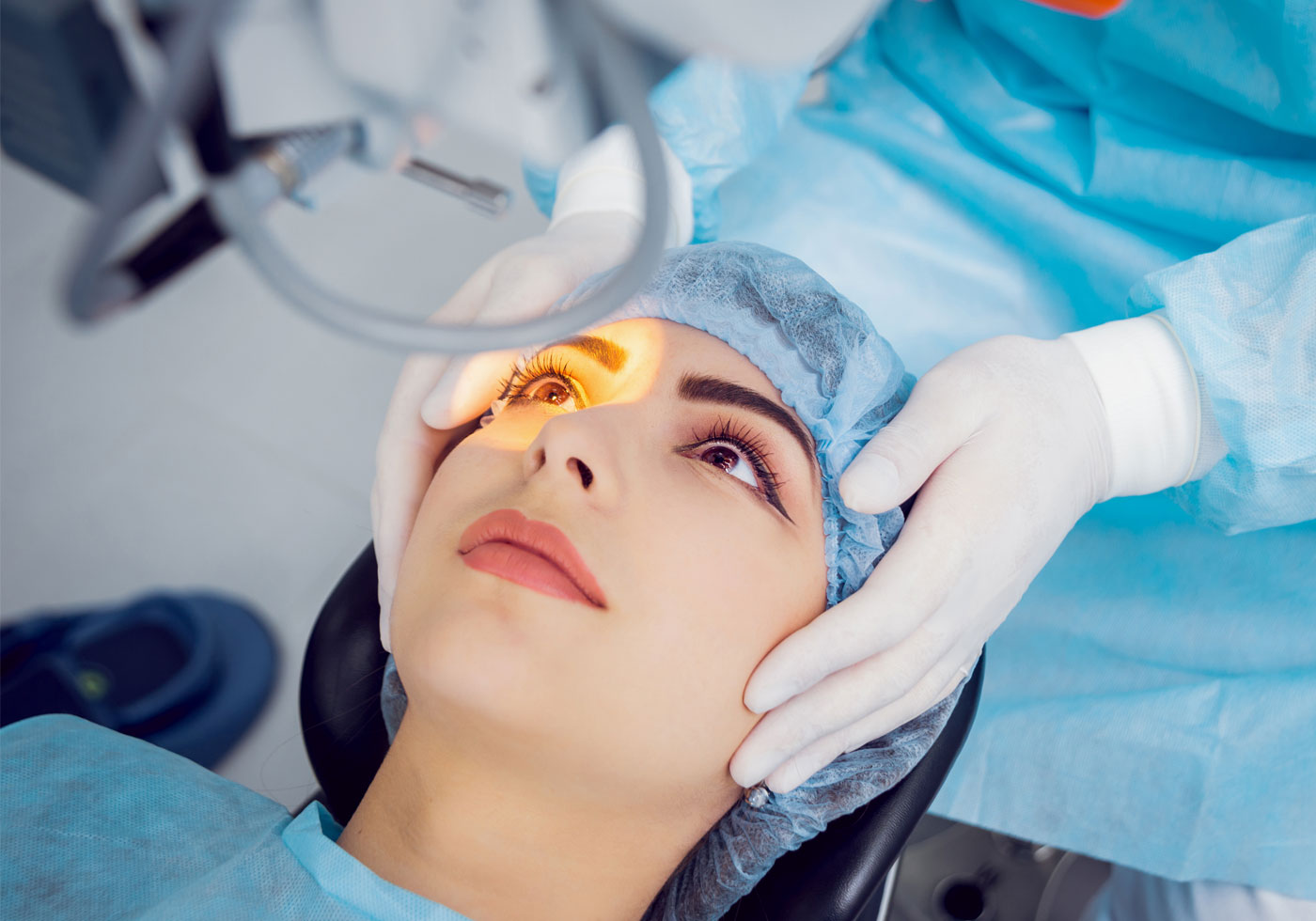Restorative Eyes correction surgery [แก้ตา, which is the term in Thai] can refer to a series of treatments that proper mistakes in visual acuity, frequently, refractive errors. A refractive mistake is a problem with a vision brought on by the eye’s shape, frequently because of a misshapen cornea, that prevents light from striking the retina correctly, so the brain does not process a clear picture of the globe. These errors consist of:
- Myopia, the professional term for nearsightedness, when things are far away, they show up blurred
- Hyperopia, the clinical term for farsightedness, when objects closer to the eyes are hard to focus on
- Presbyopia, a type of farsightedness brought on by aging, usually affecting people who are 50 years old or older
- Astigmatism, a condition in which the eye is not spherical, and the surface is distorted, causing light to refract badly with the lens.
Until the 1950s, the only method to correct refractive errors entailed putting on glasses. While many individuals still pick to wear glasses, call lenses ended up being a preferred choice in the 1950s. Beginning in the 1980s, medical options using microkeratomes, or really small, mechanically operated blades, and lasers became increasingly preferred alternatives for remedying refractive mistakes.
At first, surgical alternatives were utilized just to deal with major refractive mistakes since the procedures were rather invasive, and recovery took a long time. Currently, thanks to developments in laser innovation, treatments are thought about mostly aesthetic, as well, as it only takes a few days to recover the majority of the time. You can have restorative surgery for a minor refractive mistake like farsightedness, which uses up to ten minutes per eye at most, and then be back at work the next day.
There are a couple of different options for restorative eye surgery. The selected procedure can make a difference in your post-surgical aesthetic skill, and one option might be better for you than others. Your optometrist or ophthalmologist can help you establish, which is the best alternative for you. The details listed below can help you understand what the choices are, so you know which treatments to discuss with your optometrist.













